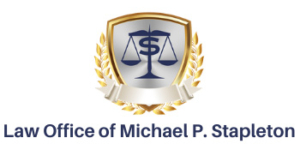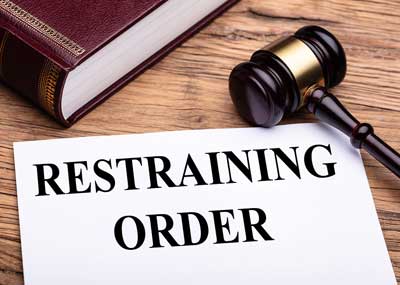Restraining Orders
Restraining Order Representation
Restraining Orders in Massachusetts are a tool often used in domestic violence situations where the person seeking the order is in fear of imminent harm. If there has been a family or domestic relationship, a restraining order can be granted in District Court. In Massachusetts, a restraining order is also commonly referred to as a 209a Order.
In Massachusetts, a 209a order can be given “ex parte” (where there is one party before the judge). The judge can issue a temporary order for up to ten days. Within ten days a full hearing is conducted, and if the judge issues the order it may be in effect for up to one year. This is your only chance to oppose the order. If you do not appear at this hearing, the order will be issued for up to one year. You have a right to have an attorney represent you at this hearing.
If you have a firearms license and a temporary order is issued, you may have to turn your firearms into the police. If a temporary order is issued against you, you must appear in court to fight it. A 209a order is a civil order with criminal penalties, which can be issued for up to one year. A violation of a 209a order may result in a $5,000.00 fine as well as up to two and a half years in prison. Even if there is not a violation, a 209a restraining order will become part of your criminal record.
If a restraining order has been issued against you, it is important that you understand and comply with all of the order’s terms. For example, if the order specifies that you do not make contact with the petitioner, you must not make any contact whatsoever. If you make contact, you can be charged with violating a restraining order, which can result in immediate legal action. Violating a restraining order can greatly damage any other legal proceedings you may be involved in, such as a divorce or child custody proceeding.
If you think that a restraining order should not have issued against you, you may have rights. If someone lied to the judge in order to get the restraining order, it may be expunged from your record.
If you have a restraining order issued in your name, or if you have violated the terms of a restraining order, it is important that you consult with an experienced Massachusetts criminal defense attorney who can review and advise you of the terms of the order, inform you of your individual rights and provide you with the legal direction you need.

